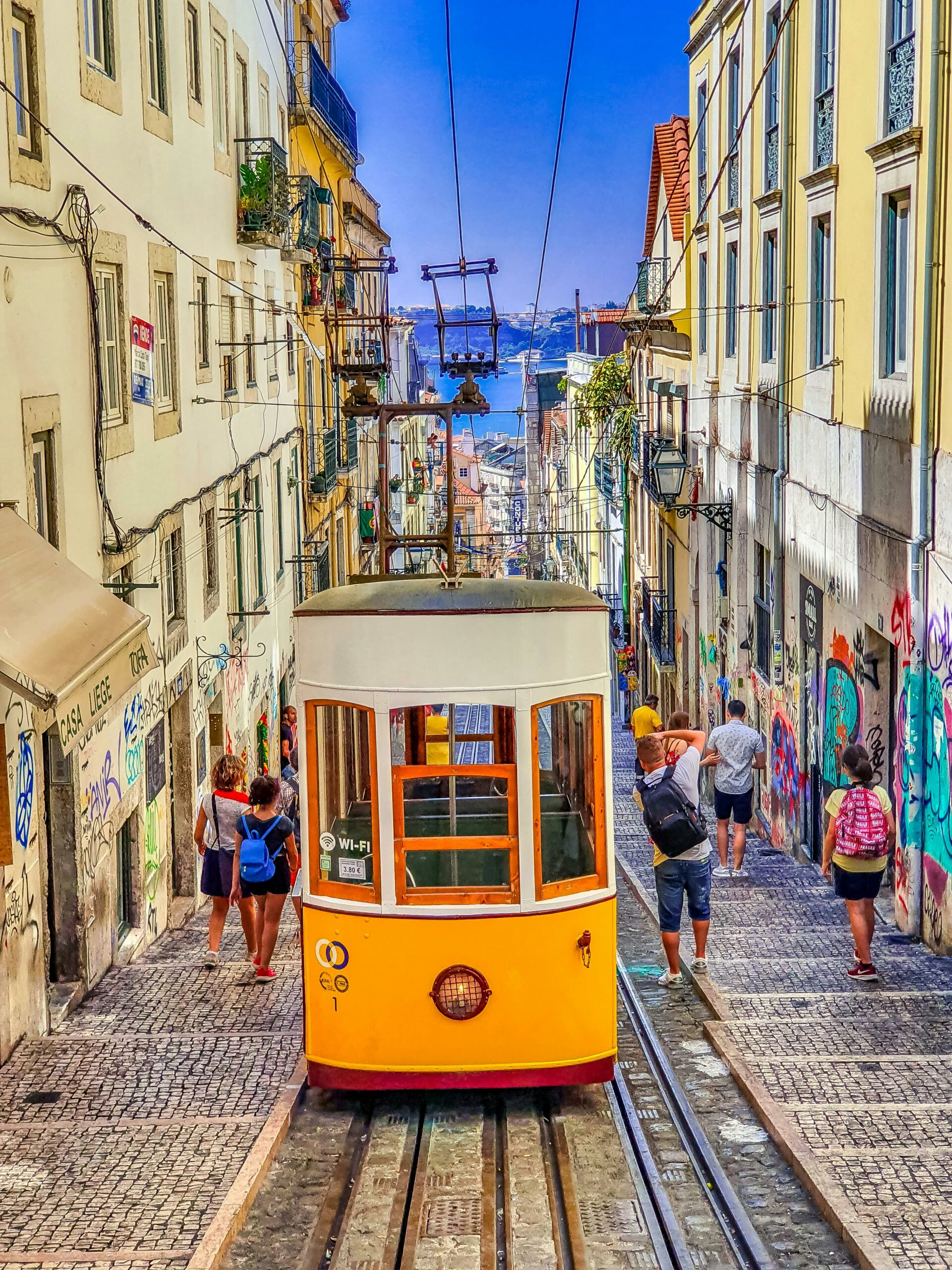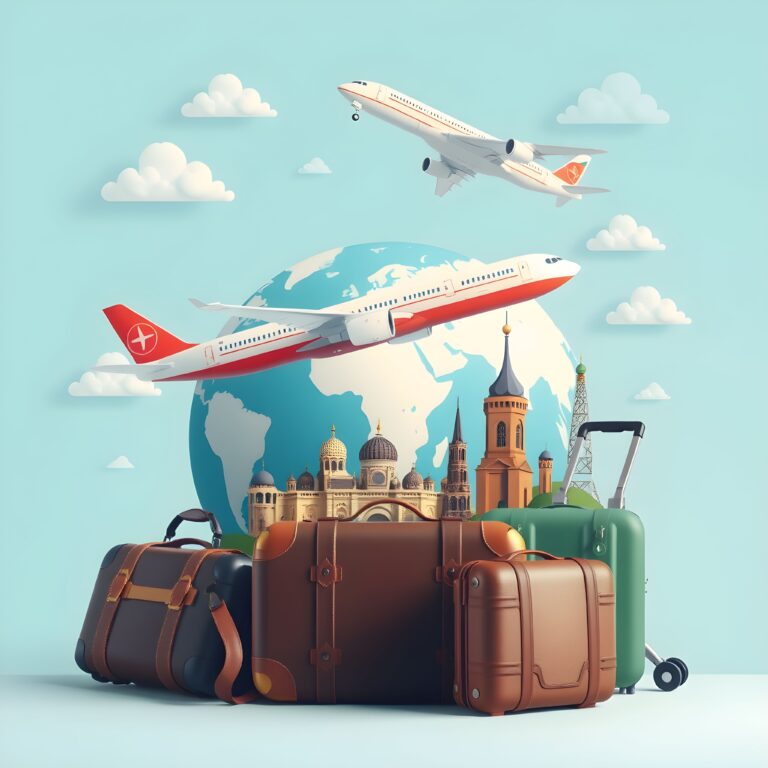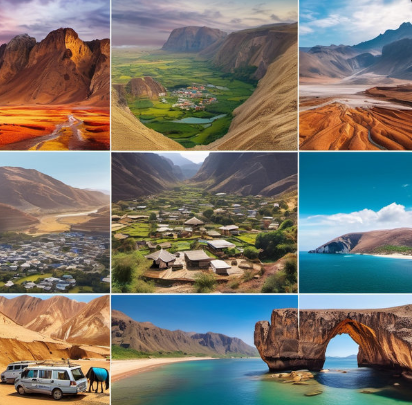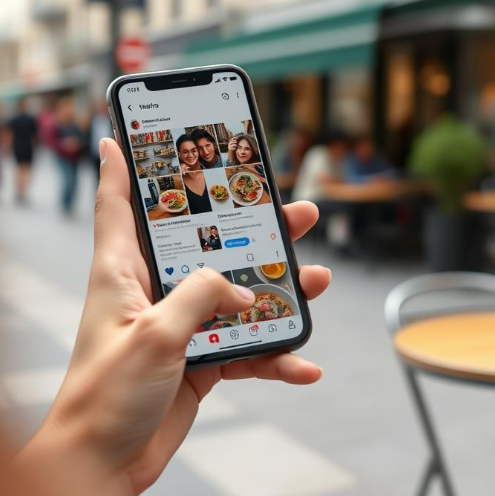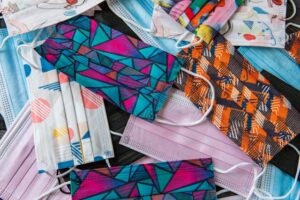The remote work revolution has led to a surge in digital nomadism, with travelers seeking destinations that offer a balance of work and play. In response, countries are Introducing digital nomad visas, allowing remote workers to live and work abroad for extended periods.
What are Digital Nomad Visas?
Digital nomad visas are special permits that allow remote workers to live and work in a foreign country for a specific period. These visas are designed to attract digital nomads, entrepreneurs, and freelancers who want to experience new cultures while maintaining their careers.
Top Destinations
– Portugal: Offering a “Non-Habitual Residence†visa with attractive tax benefits
– Thailand: Introducing a “Smart Visa†for remote workers and entrepreneurs
– Estonia: Launching an “e-Residency†program for digital nomads
– Costa Rica: Providing a “Remote Worker Visa†with a focus on sustainability
– Germany: Introducing a “Freelance Visa†for self-employed individuals
Benefits
-Location independence: Work from anywhere, at any time
– Cultural immersion: Experience new cultures and ways of life
– Community building: Connect with like-minded individuals
– Career advancement: Enhance your career with international experience
– Travel freedom: Explore new destinations without restrictions
Challenges:
– Visa requirements and regulations: Navigate complex application processes
– Healthcare and insurance: Ensure adequate coverage abroad
– Time zone differences: Manage work schedules across different time zones
– Balancing work and travel: Maintain a healthy work-life balance
Tips for Digital Nomads
– Research destinations thoroughly
– Plan ahead for visa applications
– Stay connected with colleagues and clients
– Embrace local cultures and customs
– Prioritize self-care and well-being
Digital nomad visas are transforming the way we travel and work. As the remote work revolution continues to grow, we can expect more countries to introduce similar initiatives, making it easier for travelers to explore the world while maintaining their careers.
By: Derri-Ann Hall




